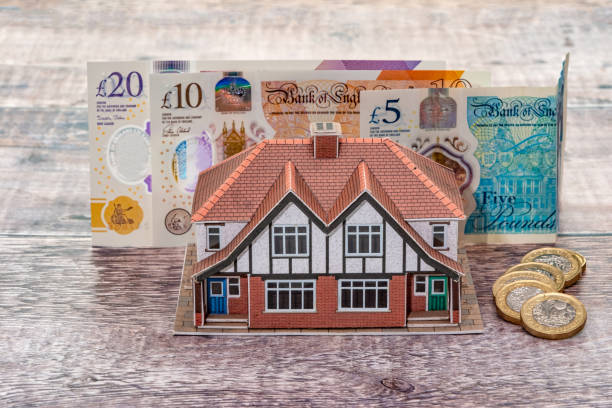So you’re thinking about investing in a property? That’s great! Property investment can be a very profitable venture, but it’s important to know what you’re getting into. In this article, we’ll talk about everything you need to get started. We’ll cover how much money you need for a down payment, how to get financing from a bank or credit union and what to look for when buying an investment property. We’ll also discuss the pros and cons of buying a single family home or multifamily home, and whether or not you should invest in a newer or older property. By the end of this article, you’ll know everything you need to make an informed decision about investing in property!
How Much Money do You Need to Invest in a Property?
One of the first things you need to know about investing in property is how much money you’ll need for a down payment. The amount you’ll need varies depending on the type of property you buy, but typically, you’ll need at least 20% of the purchase price for a down payment for the numbers to make sense. So if you’re looking to buy a $100,000 house, you’ll need at least $20,000 saved up for a down payment.
If that sounds like too much money for you to save up on your own, don’t worry – there are plenty of ways to get financing for a property investment. Many banks and credit unions offer mortgages with as little as 10% in Australia and 3.5% in the US. So if you have a good credit score, you should be able to find a mortgage that fits your budget. There are mortgage calculators you can use to help understand what you can afford.
What to Look for When Investing in Property
Now that you know how much money you need to invest and how to get financing, it’s time to start looking for property! When choosing an investment property, there are several things you’ll want to keep in mind especially if you’re a beginner:
Location
The old saying “location, location, location” is definitely true when it comes to property investment. You want to buy a property that’s in a desirable neighborhood – one with strong schools, low crime rates and plenty of job opportunities.
Size
How big do you want your investment property to be? Do you want a single family home or a multifamily property with multiple units? How much space do you need or your renters need to comfortably live in?
Age
Another important thing to consider is the age of the property. Generally, newer properties are more desirable and have higher resale values than older ones, but they also come with a higher price tag. If you’re on a tight budget, an older property might be a better option for you.
Condition:
Finally, you’ll want to take the condition of the property into account. Is the roof in good shape? Are there any major repairs that need to be done? These are things you’ll want to factor into your decision-making process.
So these are some of things you’ll want to keep in mind when investing in property. By following these tips, you’ll be well on your way to making a wise investment!
Investing in Property: The Pros and Cons
Now that we’ve talked about what you need to know before investing in property, let’s take a look at the pros and cons of this type of investment:
Pro: Property investments are generally very stable and have low risk. Unlike stocks or mutual funds, the value of property usually doesn’t go up and down as much, making it a safer investment choice.
Pro: Another pro of property investment is the potential for high returns. In most cases, you can expect to see a higher return on your investment with property than with other types of investments.
Pro: Property is a very tangible asset, which means you can see and touch it. This makes it easier to sell than some other types of investments, such as stocks or mutual funds.
Con: One downside of property investment is that it can be difficult to find good deals. Because the demand for property is so high, competition among investors is fierce, meaning you often have to pay top dollar for a good property.
Con: Another con of property investment is that it can be time consuming and complex. There are many things you need to take into account when buying a property, from the location to the condition of the building. So if you’re not familiar with the process, investing in property can be a bit daunting.
Conclusion
So those are some of the pros and cons of investing in property. As you can see, there are both advantages and disadvantages to this type of investment. But if you do your research and take the time to learn about the process, investing in property can be a very rewarding experience!
Investing can be a great way to secure your financial future, but it’s important to remember that there are risks involved. By doing your research and understanding what you’re getting into, you can minimize those risks and make smart investments that will pay off in the long run. So if you’re thinking about starting to invest in property, these are some things you’ll want to keep in mind!





